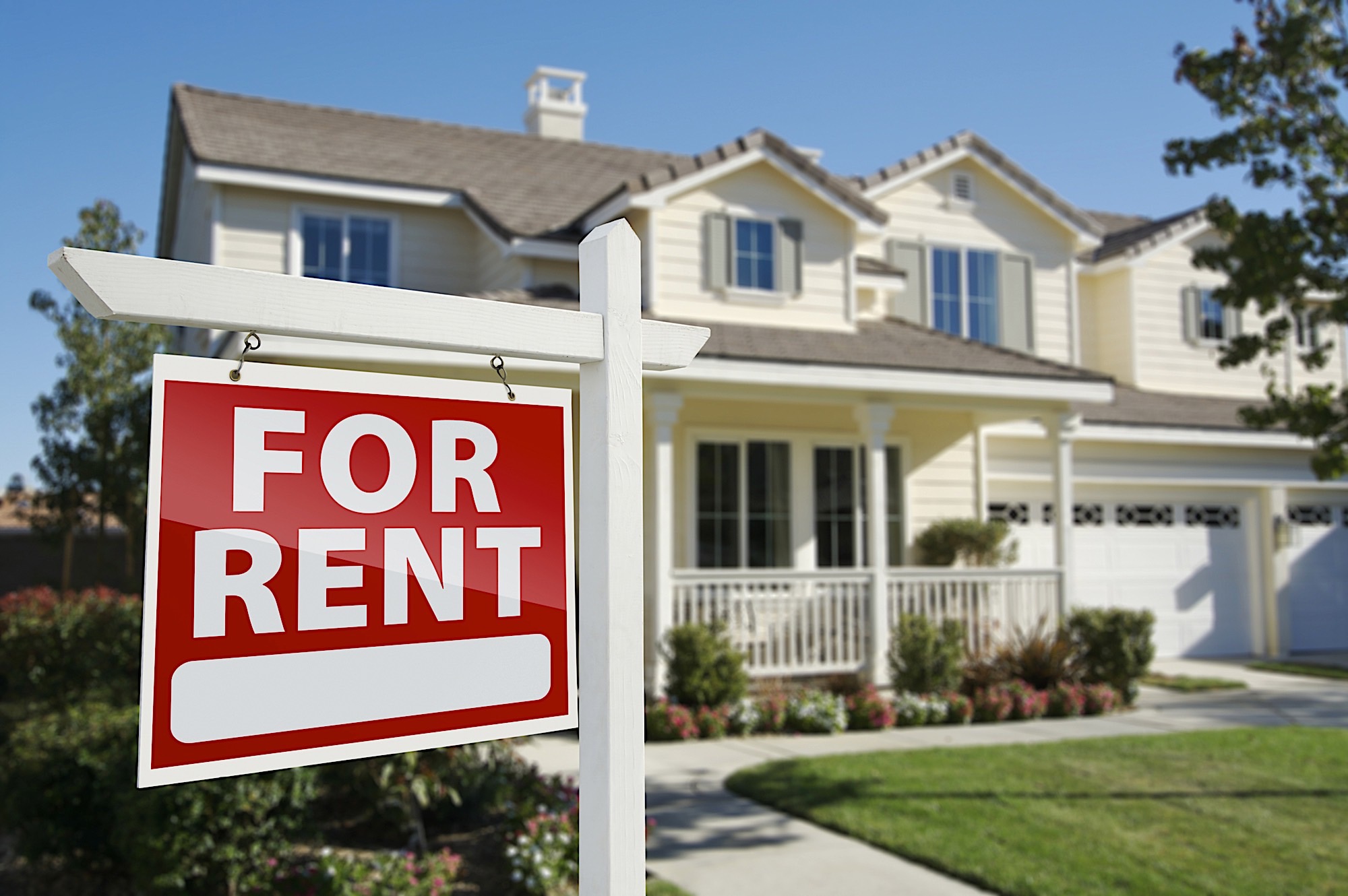One of the most tedious and time-consuming aspects of real estate investing is due diligence. It is not a stretch for a good investor to look at dozens of properties without getting an offer accepted. In fact, they may not even make an offer if the property and numbers don’t make sense. After a while driving to new listings can feel like a waste of time. However, the property you get lazy on is the one that will get you in trouble. Instead of lamenting the fact that you can’t get more deals, you should refine your system to streamline the process. The quicker you are in deal evaluation the quicker you can make a decision and move forward or move on to the next property. Here are three key components of deal evaluation.
MARKET
- Comparable sales. All markets are not created equally. A great property in a poor location is not as valuable as a poor property in a great location. The market will dictate demand, which impacts your end sales price. You should always look at the last 60-90 days of sales. Anything further out doesn’t give you a realistic snapshot of the market. Look to see which way the market is trending, and what has influenced any moves. This is what buyers and real estate agents will look at when considering an offer.
- Activity. What is the current sales volume like? The more robust the sales numbers are the more buyers in the market and the more likely you can sell your property quickly. On the flip side, if there have only been a handful of recent sales you may be in a sagging or declining market.
- Inventory. Market inventory is one of the most important predictors as to which way the market is headed. All sales are driven in part by supply and demand. If you are in a market with an overflow of supply buyers have the upper hand. They can dictate terms and if they don’t like your property simply move on to the next one. If there is a small number of properties on the market buyers may not be as selective. They will be open to looking at almost any new property on the market and in some cases be willing to overpay in the right situation.
PROPERTY
- Cost of repairs. If you plan is to rehab the property you need to create value. The current condition really doesn’t matter, the cost to transform the property does. On your initial walk through you should make a list of all necessary repairs and if you are able assign a dollar amount to them. You will probably need your contractor on your first several deals but eventually it becomes easier. It is critical that you are have accurate estimates and don’t miss anything. The cost of repairs directly impacts your offer.
- Room count. Rehabbing a property may not be as easy as it appears on TV. Knocking down walls and adding rooms is possible, but not a slam dunk on every property. As simple as it sounds you want properties that have appeal to buyers. In a perfect world the property will have at least three bedrooms and at least one bathroom. You can get creative with other rooms, but you will have a tough time selling a property with two or less bedrooms.
- Street/Neighborhood. In high demand markets buyers will look at every little thing with the property prior to making a decision. You may have a great property and have done great work but if the property has a steep driveway or is on a busy street it may not make a difference. The street traffic and the area immediately around the property can influence a buyer. Some of these items, like the pitch of the driveway can be changed but you can’t change the street or the noise from a nearby highway.
PURCHASE
- Numbers. You don’t need to be a rocket scientist to know that numbers are critical in any real estate deal. With a fix and flip transaction there are several key numbers that should influence your decision. The cost of repairs, after repair value, carrying costs and purchase price all play a key role. You should have a spreadsheet template you can use to plug these numbers to give you an exact idea of what you are getting into.
- After repair value. It is only human nature for a rehabber to think their property is better than the comparables on the market. Because of this there is an instinct to think the property is worth more than it really is. On every property you need to rely solely on the data without letting your emotions get in the way.
- Timeframe. When you are able to buy and then sell is almost as important as the numbers themselves. A great deal six months out may not be so great when it finally happens. If you can’t turn the property over for five months you are banking on the market staying the same, or improving, during that time. This is always a tricky gamble and there is no guarantee you will be right. You need to consider the timeframe on every side of the transaction.
Like anything else the more properties you evaluate the easier it becomes and the better at it you will be. In the meantime, focus on these three key areas to help expedite the process.







